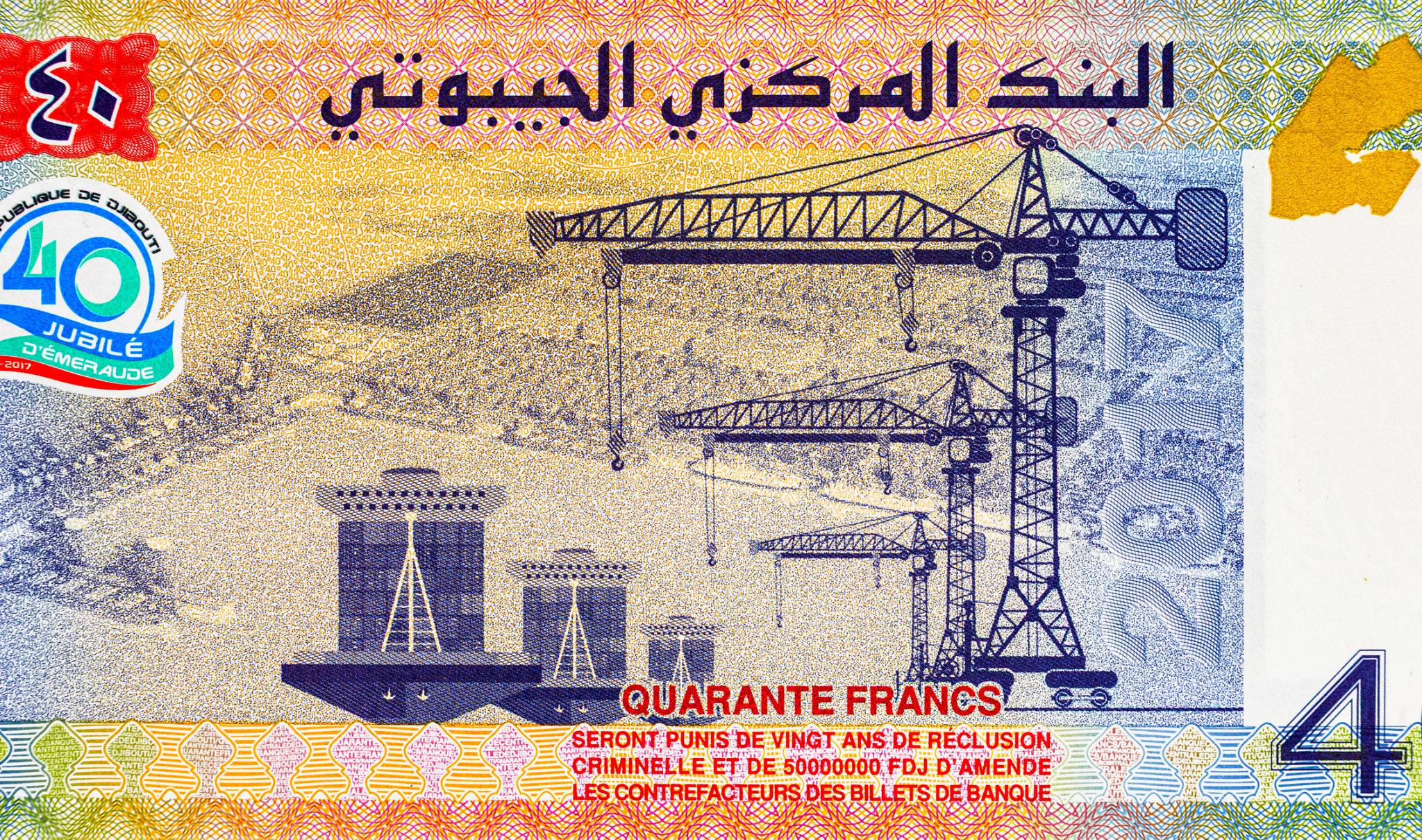Understanding Seasonal Trends in Ahmedabad's Real Estate Market
ST
Introduction to Seasonal Trends
Understanding the seasonal trends in Ahmedabad's real estate market is crucial for both buyers and sellers looking to make informed decisions. The market dynamics often shift with the seasons, affecting prices, demand, and overall activity. By being aware of these patterns, stakeholders can optimize their strategies and benefit from the cyclical nature of real estate.
In Ahmedabad, like many other cities, real estate trends are influenced by a variety of factors including climate, festivals, and economic cycles. Recognizing these influences can help in predicting market behavior and planning accordingly.

The Impact of Climate on Real Estate
Ahmedabad experiences a predominantly hot climate, with temperatures soaring during the summer months. This weather pattern significantly impacts real estate activities. During the peak summer season, potential buyers might be less inclined to conduct site visits due to the heat.
Conversely, the cooler months from November to February often see an uptick in market activity. This period is considered favorable for property transactions, as the weather is more conducive for site visits and outdoor activities. Understanding this climate-induced trend can be beneficial for timing your real estate endeavors.

Festivals and Their Influence
Festivals play a significant role in shaping the real estate market in Ahmedabad. The period around Diwali, for instance, is traditionally associated with prosperity and new beginnings. It's a time when many individuals consider purchasing new property, leading to increased demand.
This festive season often sees developers launching new projects or offering special discounts to attract buyers. As such, both buyers and sellers should pay attention to these periods to maximize their opportunities in the market.
Economic Cycles and Real Estate Dynamics
The broader economic environment also impacts seasonal trends in Ahmedabad's real estate market. Economic stability or growth can lead to increased consumer confidence and higher property investments. Conversely, during economic downturns, the market might experience a slowdown.
Monitoring economic indicators such as inflation rates, employment figures, and government policies can provide insights into upcoming real estate trends. This knowledge aids in making strategic decisions aligned with economic cycles.

Strategies for Buyers and Sellers
For buyers, understanding these seasonal trends can lead to better negotiation leverage. Purchasing during off-peak seasons might result in better deals and less competition. For sellers, timing the sale of their property during high-demand periods can maximize returns.
Both parties should stay informed about upcoming events and economic forecasts to adjust their strategies accordingly. Engaging with local real estate experts or agents who understand these nuances can also provide a competitive edge.
Conclusion
In conclusion, understanding the seasonal trends in Ahmedabad's real estate market is an invaluable asset for anyone involved in buying or selling property. By considering factors such as climate, festivals, and economic conditions, stakeholders can make more informed decisions and optimize their real estate investments.
Staying attuned to these trends requires ongoing research and engagement with market experts. However, the rewards of making well-timed decisions based on these insights are worth the effort.